We are an interdisciplinary team of academics, filmmakers and artists exploring the processes and effects of oceanic extraction.
About
Extracting the Ocean
Team
Meet the team
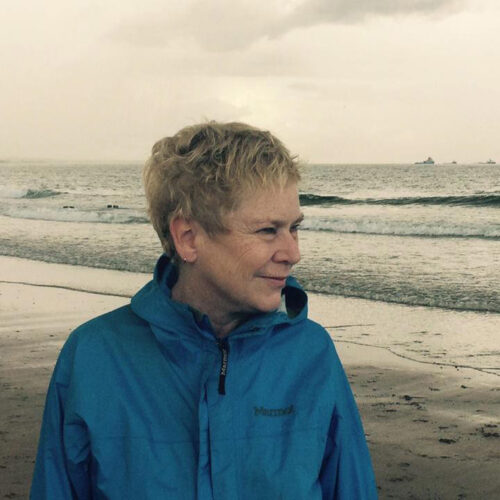
Elspeth Probyn is Professor of Gender & Cultural Studies at the University of Sydney. She has published several monographs including Sexing the Self (Routledge, 1993), Outside Belongings (Routledge, 1996), Carnal Appetites (Routledge, 2000), Blush: Faces of Shame (Minnesota, 2006), and Eating the Ocean (Duke, 2016), and co-editor of Sustaining Seas (Rowman & Littlefield, 2021). Her most recent publication is “Aqua/geopolitical conjuncture and disjuncture: invasion, resources, and mining the deep dark sea,” Cultural Studies (2023): 1-22. Her current project, Extracting the Ocean, is focused on forms of oceanic marine extraction (from fishing to mining and bioprospecting).
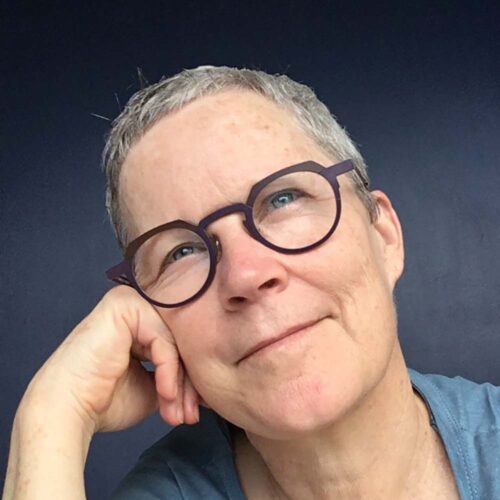
Dr Susan Reid is a cultural theorist, creative researcher, writer, and lawyer interested in multibeing ontologies and ocean justice. Susan is collaborating with Prof. Elspeth Probyn on the project, Extracting the Ocean. She was awarded a PhD from the University of Sydney for her thesis “Imagining Justice with the Ocean”, which examines ocean epistemologies, legal frameworks, and multibeing relations in the context of extractive, oceanic frontiers. Susan is also a lawyer, admitted to the Supreme Court of the Australian Capital Territory; with an LLM (International Law) from the Australian National University, and an MA (Design) from the University of Technology. Publications include “Ocean Justice: Reckoning with Material Vulnerability”; “Imagining Justice with the Abyssal Ocean”; “Taking Code to Sea”; “Solwara 1 and the Sessile Ones”; “Transitioning Currents in Times of Climate Change”; and Feminist, Queer, Anticolonial Propositions for Hacking the Anthropocene: Archive
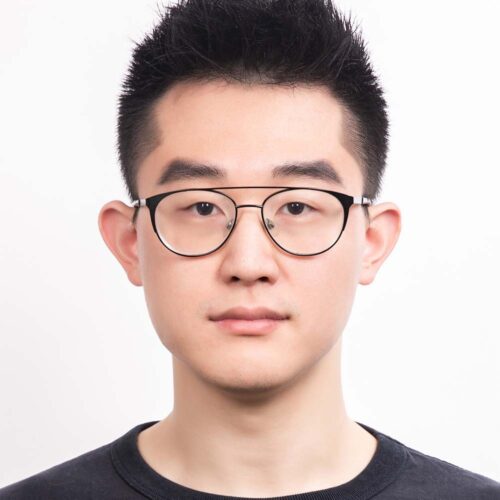
Dongyang Li is a PhD candidate in the Department of Gender and Cultural Studies of the University of Sydney. His current research focuses on the cultural construction and feelings of China’s oceanscape. He is committed to cultural studies with interdisciplinary approaches as well as introducing critical ocean studies and blue humanities into the study of/beyond China’s ocean.
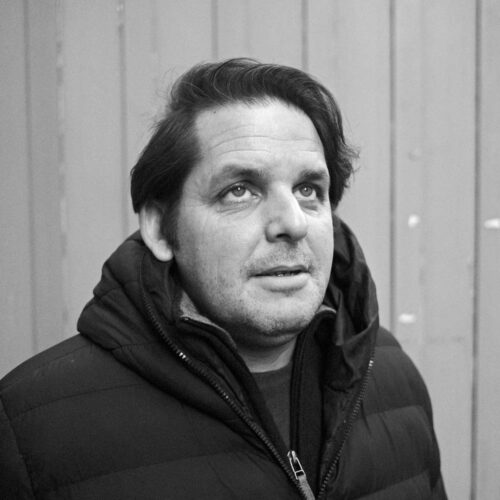
Thomas Grand is a multi-award-winning documentary filmmaker based in Senegal. With Moussa Diop and the ZIDEOPROD-Team he produced and directed Poisson d’or, Poisson africain which focuses on transporting, filleting, drying, smoking and exporting In Kafountine in Senegal where most of the population live off fishing. But they’re worried the planned fishmeal plant, financed by China, could deprive them of their livelihoods. Thomas’s many projects engage the artisanal fishers and processors of fish in West Africa and demonstrate the absolute centrality of small scale fishing for food security in the region.

Alison is a curator, educator and research assistant in art and environmental humanities. Alongside her research assistance contributions to Extracting the Ocean, she teaches museum studies and cultural studies at Nagoya City University and is the former curator of the Japan Foundation Gallery, Sydney and programmer of the Japanese Film Festival Australia. Following her master’s in curatorial studies (UNSW) she worked as a research assistant at the National Institute of Experiment Arts.

Dr Morgan Richards is a recognised expert in digital media and online safety with 10 years’ experience working on large-scale strategic and creative redevelopment projects for some of Australia’s leading government agencies, universities, businesses and charities. Morgan is trans/non-binary and is passionate about the values and benefits of diversity and inclusion in all organisations and workplaces.
Meet the contributors
Our invited contributors
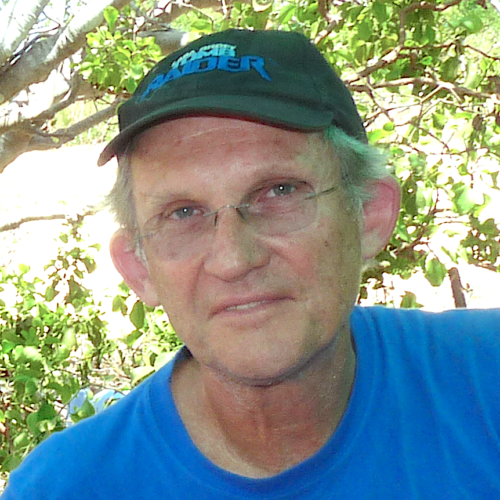
Stephen Muecke is Adjunct Professor at the Nulungu Research Institute Notre Dame University, Broome, an Emeritus Professor of Ethnography at the University of New South Wales, and a Fellow of the Australian Academy of the Humanities. Recent books are The Children’s Country: Creation of a Goolarabooloo Future in North-West Australia, co-authored with Paddy Roe, 2020. His translation of Jean-Baptiste Vidalou’s We are Forests: Living in Embattled Territories, was published in 2023.

Sebastián is a sociologist with the Institute for Sustainable Development (ISD), at the Pontifical Catholic University of Chile (UC). His central area of interest is the analysis of policies, practices and conflicts associated with the governance of environmental degradation and restoration in Chile. Currently, he develops research on productive transitions in marine environments (especially in relation to algae) and on the regulation of soil contamination. Publications include: “Assembling Policy: Transantiago, human devices, and the dream of a world-class society” (MIT Press, 2015), and “Worlds of Gray and Green: Mineral extraction as ecological practice” (University of California Press, 2022)
Extracting the Ocean
Our project explores the largely unseen processes and effects of oceanic extraction past and present.
Project overview
Extracting the Ocean
We throw stuff – biochemical wastes, sewerage, garbage, bodies, pesticides – into the ocean all the time without thinking or perhaps hoping that its vastness will cover up what we are doing.
Images of gyres of plastic alert the public to some extent. But we also extract from the ocean in ways that may unhinge our ecosystems to a greater degree. Fishing, for example, is one of the oldest forms of extraction. It is a very particular form of extraction that brings humans and nonhumans together in very different ways than, say, mining. For millennia, fishing was sustainable. Fish sustain humans, who in turn practice different techniques to ensure that the fish and the marine habitat could continue to reproduce. At its simplest, fishing is about humans getting fish out of water. Its forms are many, and now much of it takes place far from human habitation where it is out of sight and out of mind.
Indigneous forms of fishing, however, largely emphasized a different material relationship with fish than forms of extraction that are dominant today. In Australia— home of the oldest continuing culture in the world—First Nations people have fished and gleaned the marine for tens of thousands of years. From ancient artwork, we see how fish featured in daily and spiritual life. This history and philosophy continue to inform vulnerable current practices. As Tom Butler, a Murramarang Elder and retired commercial fisherman, states, “We’ve been doing it [fishing] in this country thousands of years more than white men put together have been doing it; we know how fish react, we know how they travel, we know where they travel, we know what time of year they travel. Our parents taught us, we were brought up living off the sea” (as quoted in AIASTSIS 2020).
It is a very different situation when as Imre Szeman points out “we are doubly distanced from the spaces and material processes of extraction … first by physical distance and second by techno-utopian fantasies of a quotidian reality shaped by immaterial forces” (2017, 443).
This is what our project explores – the largely unseen processes and effects of oceanic extraction past and present. We gather here documentation of various sites: in addition to the overexploitation of fish in the global south, in particular West Africa, we draw out the ways the touted vision of a Blue Economy will harm small island nations through deep-sea mining for what is heralded as the future of a defossilized world through mining the bottom of the seas for the minerals needed for the “EV revolution”, the bioprospecting of small marine animals such as snail cones as the new post-opiate much more powerful than those that are killing people especially in the global north, the aqua/geo-politics unleashed by the now decades-old Convention on the Law of the Seas (UNCLOS) and China’s growing marine presence in the Maritime Silk Road.
Our objective is to bring together audio-visual images, ethnographic vignettes, narratives, and details of public and academic discussion about extracting the ocean. Our method is to bring in activists and scholars, and tales that sometimes clash and that raise how the extraction of the ocean in the past lives on in ramifications in the present and into the future. This results in a sometime chaotic presentation that emphasises the “derangement of scales” (T. Clarke) as the ancient is mined for a fuzzy future, and historical practices of whaling still disturb the energies of the ocean, and how species unknown in the deep-sea are rendered extinct before they have even been named.
It is an urgent project we invite people to join. We ask: Are there ways to understand the nature and scale of human impacts on and in the ocean differently? We aim: To set the theoretical and public explications of old adrift through a methodology informed by oceanic turbulence and multidimensionality.
*This project is funded by an Australia Research Council Discovery Grant DP200100447.
References
AIASTSIS. 2020 “A Brief History of Indigenous Fishing.” The Australian Institute of Aboriginal and Torres Strait Islander Studies. Accessed June 4, 2020. https://aiatsis.gov.au/exhibitions/
brief-history-indigenous-fishing
Clarke, Timothy. 2021. “Derangements of Scale”. Telemorphosis Theory in the Era of Climate Change, 1, 148-166.
Szeman, Imre. 2017. “On the Politics of Extraction.” Cultural Studies 31 (2–3): 440–448.